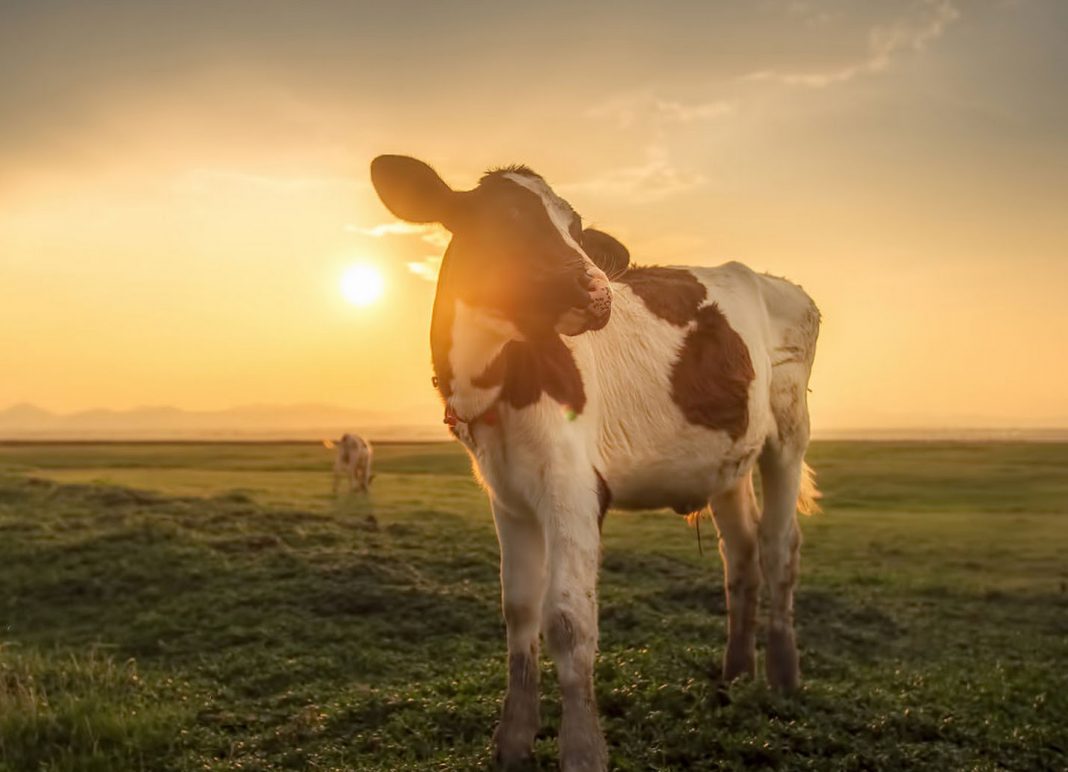By Majirata Latela
Stock theft has been a perennial problem in Lesotho and, as it continues to intensify, experts say it impacts negatively on the economy of the country, with at least M14million having already been lost to the crime this year.
Even though 80 percent of the population depends on subsistence farming, productivity is said to still be low and animal theft seems to be one of the reasons.
Studies have been made in the past, which informed policies to influence policymakers and implementers to devise appropriate strategies for managing stock theft.
The African Development Bank (AfDB) says livestock implicitly serve as a source of human capital investment in communal settings but, due to poverty and lack of employment, many people have ventured in illegal routes such as stock theft.
Livestock theft has become more violent and organized in recent years. In some cases of theft, the livestock owner loses all the economic values of livestock and is left destitute. This affects the entire household, the community and, consequently, the country.
In Lesotho, syndicates from both sides of the border often steal the animals at gunpoint, thus the risk of keeping livestock has become unacceptably high. In addition, there is an increasing attraction in exchanging stolen livestock for guns, vehicles and drugs.
This form of barter system has detrimental effects on the socio-economic development of the nation, according to AfDB.
According to National University of Lesotho agri-business economist, Dr Montoeli Rantlo, Stock raiding has major negative impacts on households, communities and cross-border interaction; subsequently, the impact extents to the national economy.
“Stock theft affects the economy of the households in that if livelihoods are stolen, their sources of income suffer because most people who rely mostly on animal husbandry do not have other means of income other than from the sale of the commodities, animals and farming.
“On the other hand, those who fight to have their animals secured, have to invest more on security measures and that means more unplanned costs that will be incurred by the household.
“In addition, reports have shown that those who end up losing their stock to theft, sometimes end up sick from the stress that comes with the loss of livelihoods; some even get mentally disturbed while others even end up dying,” Rantlo said.
Rantlo said stock theft impacts largely on the economy of the country in that a lot of revenue gets lost in illegal channels, namely the sale of the stolen animals or the sale of commodities.
“Illegal businesses do not pay tax; that means no money for the country, thereby impacting on the economy of the country. Also stock theft also goes along with many costs that are needed to fight them.
“For the country to fight stock theft there is need for resources that will be channelled to fighting it and the country will need a budget; this adds to more costs that could have been used to improve the lives of other people,” he said.
Rantlo further indicated that NUL has previously proposed animal husbandry projects involving people at the grassroots level but investors were scared off by the high rates of stock theft, and the projects never came to pass. This, he said, shows the extent of how negatively animal theft can impact on the economy of the country.
He further noted that methods of securing animals such as animal registration and marking have not proven effective in combatting stock animal theft, as they continue to be stolen with or without tattoo marks and many farmers still do not know about the new system of marking animals; even those that are stolen are still hard to recover.
In an interview with theReporter, police spokesperson Superintendent Mpiti Mopeli confirmed that recovering stolen livestock remains a challenge even if they are reported.
He indicated that out of the 1318 cases of animal theft reported from January to July 2020, only 63 suspects were apprehended while 10 were successfully prosecuted. During this period, 9690 animals were reported stolen while 3612 were recovered. 1526 cattle were stolen, 912 of which were recovered; 418 horses (311 recovered); 435 donkeys (404 recovered); 6266 sheep (1753 recovered); 1026 goats (232 recovered; and 19 stolen and unrecovered pigs. In monetary terms, the unrecovered animals are equivalent to M14,500,000.
Mopeli observed that with theft ever escalating, the recovery rate is very low due to the terrain of the country which makes it difficult to trace and find the animals after they have been reported stolen.
“These days some animals seem to be stolen for consumption or sold to butchers thereby making recovery near impossible.
“Yes, there have been initiatives to combat animal theft, such as raids and the likes, but they have not proven effective in curbing the problem. I therefore believe that the country does need a different approach to fighting this crime,” Mopeli said.
Lesotho, he said also needs to invest in resources that will enable the security agencies to fight stock theft and improve processes to recover animals if they are found in South Africa so that it becomes easier so that people do not end up losing their stock because of tedious red tape.
Mopeli further stated that, due to thieves possessing firearms, people get killed while they try to stop perpetrators from stealing their flock. He cited a recent case in Qacha’s Nek Hillside, where a 56-year old man and his son sustained gunshot wounds on Monday this week, as they tried to stop thieves from helping themselves to 167 sheep and goats.
Meanwhile, a Mokhotlong farmer Khotsang Moshoeshoe lamented that stock theft is indeed really a challenge that needs different sectors to apply their minds to fight it, not only for the sake of the farmers but also for the country.
“Animal theft is very dangerous nowadays because these thugs even kill us over our stock; they have far more superior fire power and this leaves us at their mercy.
“To us farmers, our money is in the form of these animals that we keep and when someone robs us of our livestock it means we are left to perish from hunger since this is all we have; we don’t have big bank accounts, but we have our stock.
“We therefore plead with our government to help us ensure the safety of our animals, the same they give security to people with fat bank accounts; we should be given the opportunity to insure our livelihoods as well.”
AfDB suggests that livestock holdings have dropped and the number of stockless households has increased. The negative impact of stock theft on the income of households and the government has reduced stockowners to a poverty level that places strain on the economy.
Stock theft has become more violent and organised. Studies indicate that stock theft syndicates transport animals from one village to another and eventually to local butcheries and market outlets in South Africa. Stolen animals can be transported easily within Lesotho’s rugged terrain and readily exchanged for cash, dagga and guns. This renders stock theft a lucrative venture.
According to AfDB, the economy of Lesotho is based on subsistence farming and animal husbandry, as well as small-scale industries that include clothing, footwear, textiles, food processing and construction.









